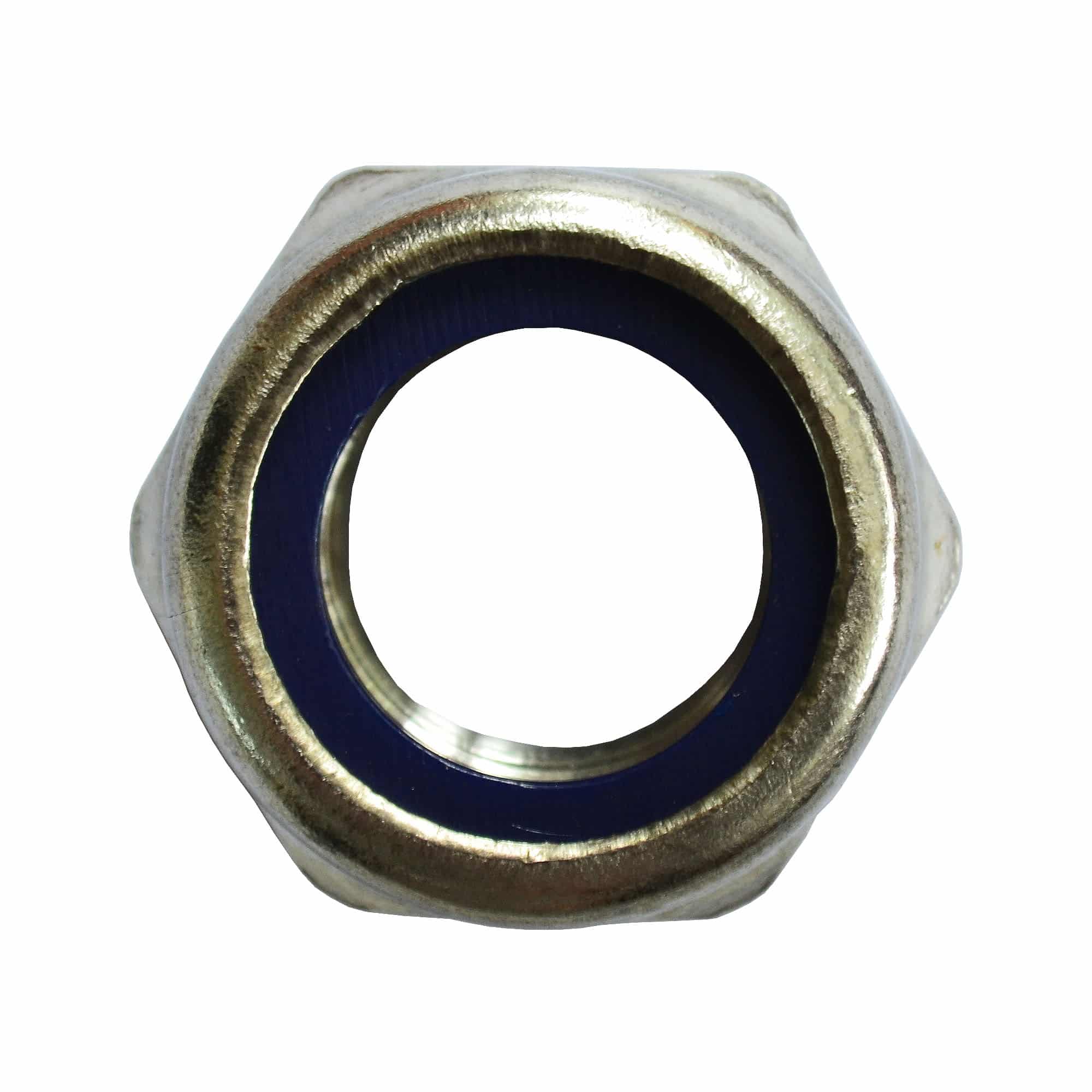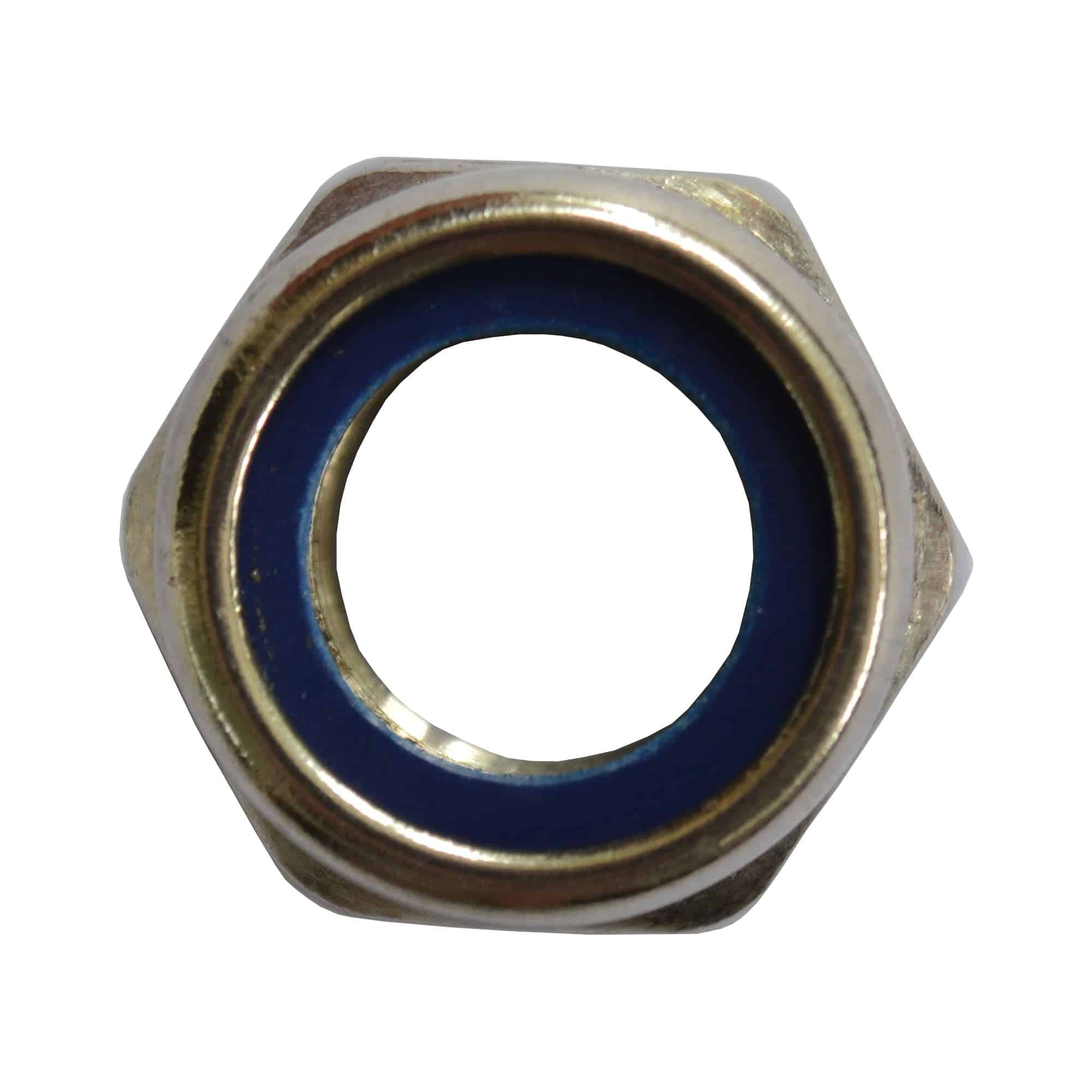- Massive Range
- FREE UK Delivery
- Rapid Dispatch
- Massive Range
- FREE UK Delivery
- Rapid Dispatch
- Massive Range
- FREE UK Delivery
- Rapid Dispatch
£1.27 – £24.16 inc VAT

Secure payments taken with:

This website is secured:
£ MULTIBUY SAVINGS – Order 3 For 10% Off
✔ Specialists In Rapid Shipments Of Any Size
✔ FREE UK Delivery Included
✔ Immediate Express Dispatch From Stock
✔ Tracked Delivery with Order Updates
✔ 30-Day Returns Accepted
@ ☏ Larger Pack Quantities Available
Hey, have you heard about the M8 Nyloc Lock Nut Nylon Insert Nut by Speciality Metals? If not, you’re missing out on a game-changing product! This nut is not only durable and versatile, but it’s also incredibly low maintenance. Plus, its corrosion-resistant properties make it perfect for use in areas where moisture is prevalent, such as marine environments. And if you’re worried about security, this nyloc lock nut has got you covered. Available in 316 grade A4, it’s the ideal choice for those looking for a secure fastener that won’t let them down. So why compromise on quality?
Get your hands on the M8 Nyloc Lock Nuts today!

Top quality stainless steel Nyloc lock nut supplied straight from Warrington, UK.
Speciality Metals offer a massive range of metal products to suit all levels of budget and any size of job. These nuts are offered to compliment our range of nuts, bolts & washers. We pride ourselves on our low prices and rapid fulfilment. Our fasteners are available from immediate stock, so dispatch would be fair immediate.
The M8 Nyloc Lock Nut is an essential component for various construction and assembly applications. Made with nylon insert and graded A4 316 steel, this nut is designed to offer exceptional longevity, versatility, low maintenance and corrosion resistance. With its secure locking system, it provides a dependable and secure fastening solution that proves efficient for a range of industrial projects. Its corrosion-resistant properties make it an ideal choice for outdoor and marine settings as it withstands harsh environmental conditions. These features make M8 Nyloc Lock Nut Nylon Insert Nut A4 Grade 316 Grade by Speciality Metals the preferred choice for those seeking durability, reliability and security.
Key product details:
Speciality Metals is known to be the United Kingdom’s best up-and-coming small-quantity metal company.
Furthermore we stock a vast range of plain wire mesh and perforated metal options that compliment our sheet metal range perfectly.
Over 50,000 customers of Specialty Metals are provided with fast, friendly customer service every year. We’re the place to try when you need metal of any shape and size. We’re based in Warrington, UK. We pride ourselves on our rapid turnaround and a large range of options.
The tensile strength of Nyloc (nylon lock) nuts depends on several factors including the material from which the metal part of the nut is made, the grade of that material and the manufacturing process. For example, Nyloc nuts made from stainless steel will generally have different tensile strengths than those made from carbon steel or other metals.
In engineering terms, tensile strength refers to the maximum amount of tensile (pulling) stress that a material can withstand without failure. For Nyloc nuts, the tensile strength is often indicated as part of the product specifications and could be provided in units such as mega pascals (MPa) or pounds per square inch (psi). Higher-grade materials will typically offer higher tensile strength.
It’s important to consult the manufacturer’s data sheet for specific tensile strength information relevant to the Nyloc nuts you are considering. Keep in mind that the nylon insert itself does not contribute significantly to the tensile strength; its primary role is to resist loosening forces. For applications where tensile strength is a critical factor, ensure that the Nyloc nuts you choose meet or exceed the requirements for the specific load conditions they will encounter.
Nyloc (nylon lock) nuts are specifically designed to resist loosening under vibration and dynamic loads, which is achieved through the use of a nylon insert that adds friction against the bolt threads. However, like any mechanical component, they are not entirely immune to the effects of wear and tear, environmental conditions or long-term stress. Over time, the nylon insert may degrade, especially if exposed to chemicals, extreme temperatures or UV radiation. Additionally, repeated removal and reapplication of the Nyloc nut can also diminish its locking effectiveness, as the nylon insert may wear out. In some cases, mechanical stress or fluctuating load conditions might also cause slight loosening over an extended period. For these reasons, while Nyloc nuts are generally reliable for maintaining a tight connection, it is advisable to conduct periodic inspections, especially in critical or high-load applications. When in doubt, replace the Nyloc nut to ensure optimal performance and safety. Always consult the manufacturer’s guidelines for specific recommendations on the longevity and maintenance of Nyloc nuts.
Nyloc (nylon lock) nuts are commonly used in applications where vibration or dynamic loads are present, making them a popular choice for various high-speed applications. The nylon insert adds a layer of friction against the bolt threads, which helps to resist loosening under vibration and other dynamic conditions. However, their suitability for high-speed applications also depends on other factors:
Material Strength: Ensure that the metal material of the Nyloc nut can withstand the mechanical stresses generated at high speeds.
Temperature: High-speed operations often generate heat. The nylon insert and the metal should be able to withstand the temperatures encountered during operation. Some nylon materials can lose their elasticity and grip at elevated temperatures.
Rotational Balance: In high-speed rotating assemblies, the balance is crucial. Ensure that the Nyloc nuts are appropriately torqued and are of consistent quality to maintain balance.
Environmental Conditions: If the high-speed application exposes the Nyloc nuts to chemicals, moisture or extreme temperatures, make sure the material is compatible with those conditions.
Maintenance and Inspection: High-speed applications generally require frequent checks to ensure all components are in good condition. This includes checking the Nyloc nuts for any signs of wear, degradation or loosening.
Manufacturer’s Specifications: Always check the manufacturer’s guidelines regarding the suitability of a particular Nyloc nut for high-speed applications.
Nyloc (nylon lock) nuts are designed to withstand mechanical stress, specifically the kinds of rotational and vibrational stresses that tend to loosen conventional nuts. The nylon insert provides extra friction against the threads of the bolt, helping to keep the nut in place even under challenging conditions. However, like all mechanical components, Nyloc nuts have limitations. The metal part of the nut, usually made from steel or stainless steel, can be sensitive to tensile and shear stresses, particularly if those stresses approach the material’s yield strength. Exceeding this limit could lead to deformation or failure of the nut. The nylon insert is also sensitive to certain types of stress, notably thermal and chemical. Excessive heat can cause the nylon to lose its elasticity and grip, while exposure to certain chemicals can degrade the material. In applications involving high mechanical stresses or harsh environmental conditions, it’s essential to consult the manufacturer’s guidelines and possibly perform material testing to ensure that Nyloc nuts are suitable for the intended application. Regular inspection and maintenance are advised to monitor the condition of the nuts and replace them as needed.
Check out our recent article ‘Unlocking the Benefits of Nyloc Nuts: The Ultimate Guide‘ for a deeper dive into nyloc nuts. Our goal for our blogs and help guides is to answer as many questions as possible to help to explain the possibilities of mesh to our customers.
We are also very proud of our ever expanding YouTube channel.
Contact us today if you have any questions at all. We are always really keen to help in any way that we can.
We are also very proud of our highly popular eBay store, check us out there too.
Thank you for checking out our product.
£11.25 – £217.00 inc VAT

£11.25 – £217.00 inc VAT

Speciality Metals
Unit 1, Farrell Street, Warrington,
Cheshire, WA1 2WW, United Kingdom
Quick Links
Payment Options
